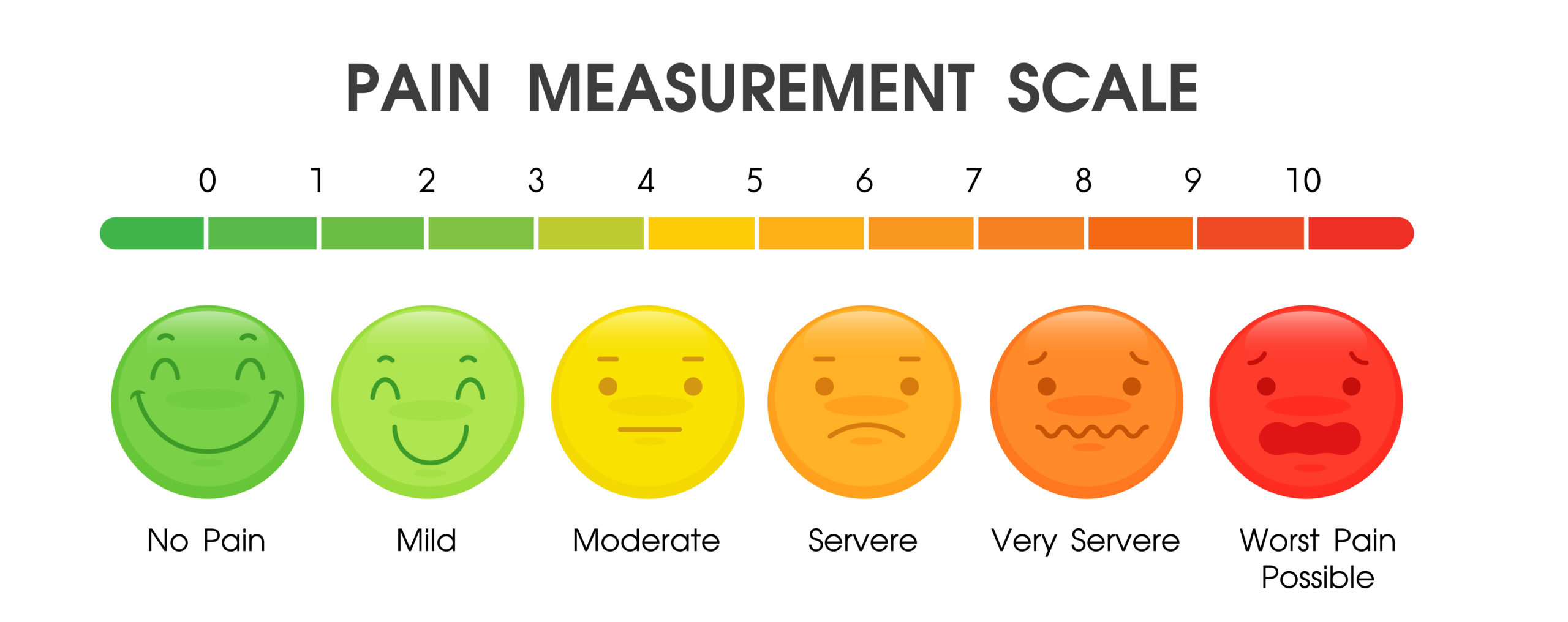
Air pollution has rapid impacts on the brain
February 3rd, 2023Air pollution is a well-known threat to human health, with numerous studies linking exposure to poor air quality to a range of physical health problems, including respiratory and cardiovascular disease, cancer, and premature death.
However, recent research has also highlighted the rapid and far-reaching effects that air pollution can have on the brain. Studies have shown that exposure to even brief periods of high levels of air pollution can result in significant changes in cognitive function and mood, with potential implications for both individual and societal well-being.
One of the ways that air pollution affects the brain is by increasing inflammation. One of the components of air pollution, can pierce deep into the lungs and enter the bloodstream, where it can trigger an immune response and cause inflammation throughout the body, including the brain.
This inflammation can lead to a range of negative effects on brain function, including decreased memory and attention, reduced executive function, and impaired problem-solving ability. Air pollution has also been linked to depression, anxiety, and other mood disorders, as well as a greater risk of developing neurological conditions such as Alzheimer’s and Parkinson’s disease.
In addition, air pollution has been shown to have a significant impact on children’s cognitive development. Studies have found that children exposed to high levels of air pollution have lower scores on standardized tests and are more likely to have attention and behavioral problems. This can have long-lasting effects on educational and career outcomes, as well as overall health and well-being.
In conclusion, air pollution has rapid and far-reaching impacts on the brain, affecting cognitive function, mood, and overall health. To protect our minds and bodies, it is critical that we work together to reduce exposure to air pollution and promote a cleaner, healthier environment for all.








